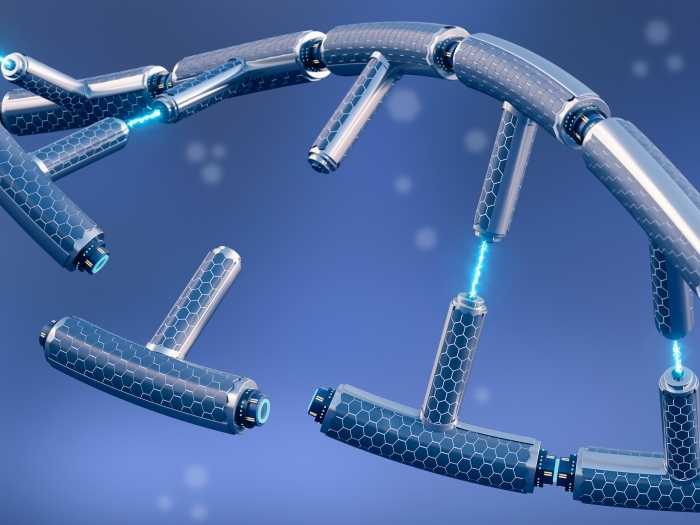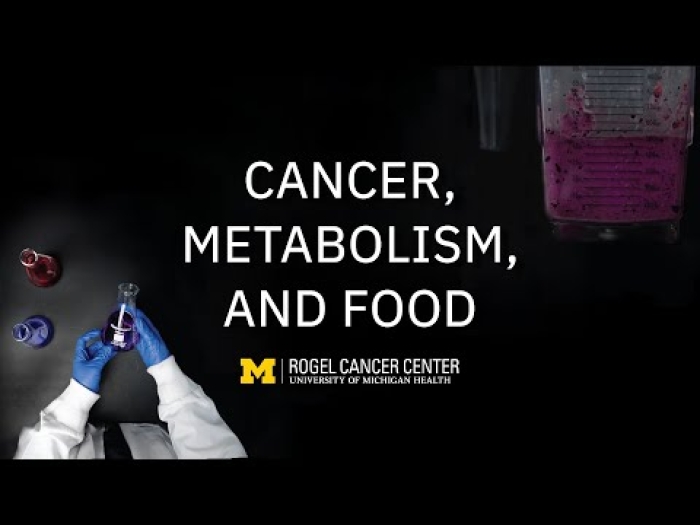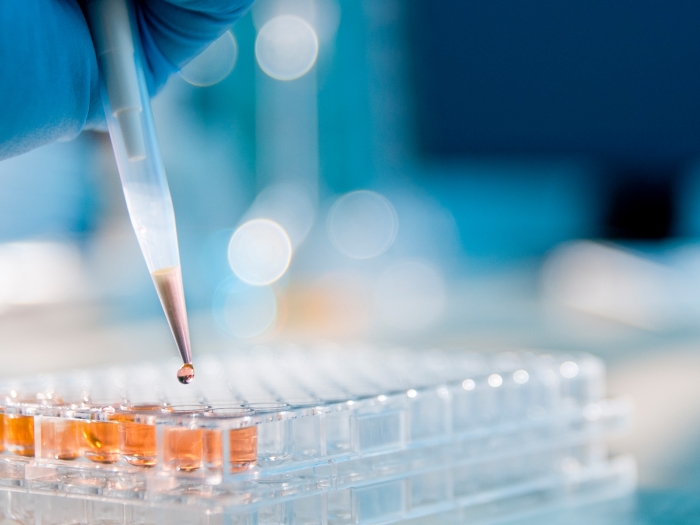Showing 1-15 of 31 results

The Fundamentals
Today on The Fundamentals, our guest Dr. Martin Myers, Director of the U-M Elizabeth Weiser Caswell Diabetes Institute, discusses diabetes research in the context of Ozempic, Wegovy, and other drugs that are changing how people think about weight loss.
You can learn more about Dr. Myers here, and you can follow the department of molecular and integrative physiology @UMPhysiology on X.

Health Lab
Experts in brain cancer outline current discoveries and offer a path of hope for glioblastoma treatment

Medical School News
Four with Medical School ties are among 12 University of Michigan faculty and staff members recognized by the American Association for the Advancement of Science (AAAS) as 2023 fellows in recognition of their extraordinary achievements.

Health Lab
A new urine-based test addresses a major problem in prostate cancer: how to separate the slow growing form of the disease unlikely to cause harm from more aggressive cancer that needs immediate treatment.

Health Lab
At-home test can detect tumor DNA fragments in urine samples, providing a non-invasive alternative to traditional blood-based biomarker tests

Health Lab
A new collaborative study, examined the interaction between three naturally occurring gases — nitric oxide (NO), oxygen, and H2S — during generation of new blood vessels, called angiogenesis.
Health Lab
Using a chip to process blood samples, doctors can monitor the amount of cancer cells in a patient’s blood to determine how well a treatment is working by the fourth week, according to a new study.

Health Lab
Recently approved by the Food and Drug Administration, Pluvicto is a radionuclide-labelled drug administered to patients showing promising results.

Health Lab
Findings from researchers at the University of Michigan Health Rogel Cancer Center, published in Cancer Discovery, show how a specific nucleotide metabolite called GTP controls responses to radiation and chemotherapy in an unexpected way.

Health Lab
Metabolism pathways make tumors sensitive or resistant to treatments. A collaborative group leverages these avenues to explore the growing foundation of new potential therapies

Health Lab
A study in PNAS identifies a protein that, when missing, makes exercising in the cold that much harder—that is, at least in fruit flies.

Health Lab
Research from the Department of Molecular & Integrative Physiology at Michigan Medicine identifies a previously unknown genetic mutation that causes the disease called primary aldosteronism in certain populations.

Health Lab
Michigan Medicine researchers looked into a drug in development to treat prostate cancer called proxalutamide, which works by blocking an enzyme called TMPRSS2 (transmembrane protease, serine 2) that is regulated by androgen receptors, as a potential therapeutic for COVID.

Health Lab
A study from clinicians and researchers at the University of Michigan Rogel Cancer Center reveals findings from over 800 clinical assays performed for kidney patients with MiTF family gene mutations.